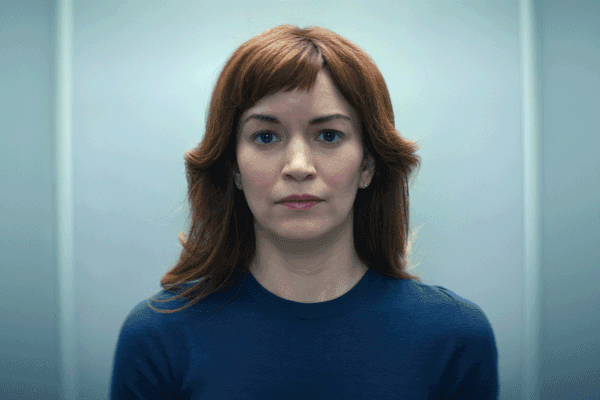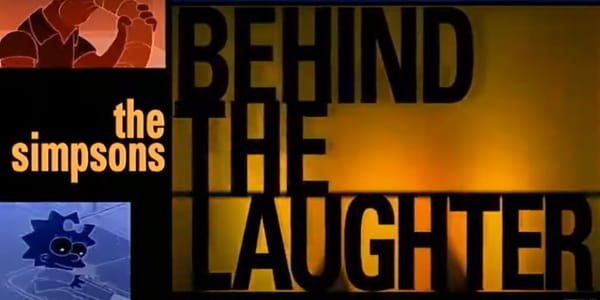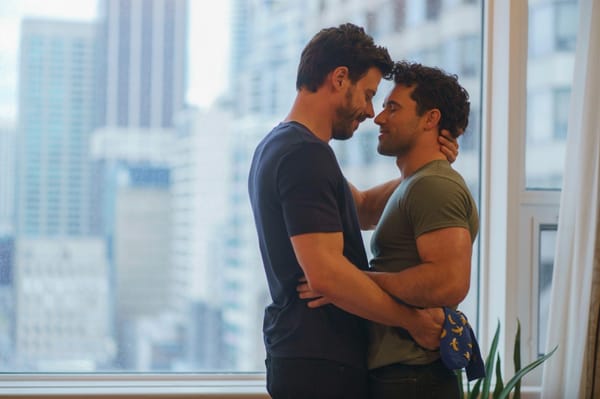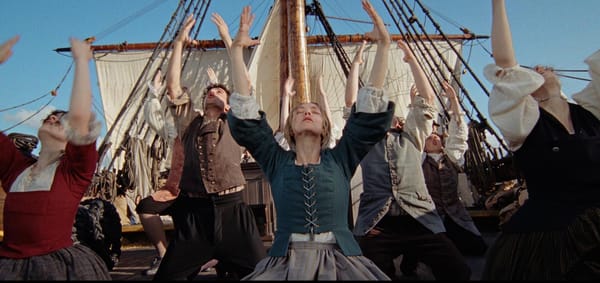Episodes: Leave It to Beaver, Black-ish, and the show of moral instruction
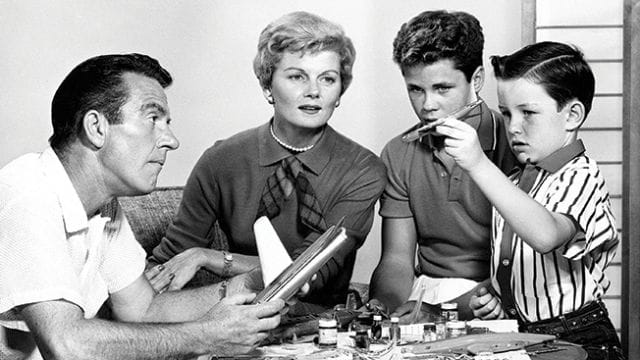
Two major TV stories this week left me thinking about Leave It to Beaver (though, to be fair, it doesn't take much for me to start thinking about Leave It to Beaver).
The first was the tremendous episode of Black-ish that aired Wednesday night, in which the show had the characters confront the ongoing debate about police brutality in the United States. The episode was one the show was probably always going to get to eventually, what with its majority black regular cast and the fact that it likes to take on important issues like the modern day Norman Lear show it is. But I don't know that anybody, not even Black-ish fans, was expecting it to be as insightful as it was. Anthony Anderson's monologue about his mixed feelings of hope and fear when Obama was inaugurated was a tremendous piece of acting, and the argument between the two parents about whether their kids should be exposed to the horrors of the world had the added layer of political tension to go along with family tension. It was good TV.
Then, also, Fuller House came to TV, and revived a weird tradition from the 1980s: the delayed sequel to the long-dead, much-loved show, which ends up being roughly what nobody wants. (I'm projecting here, but Fuller House is awful. More on Sunday at Vox!)
The intersection here is this: Leave It to Beaver was one of the earliest shows to really tackle important, serious topics within the confines of the family sitcom, something that set it apart from many similar shows of the era. And when the show came back in the '80s for Still the Beaver, the fact that it was still digging into important topics in a way that was family-friendly threw people for a loop. What happened to the innocence of the '50s? Why was Beaver divorced?! (Still the Beaver is largely awful, but hopefully my point still stands. People weren't mad about its quality. They were mad about it being something they didn't remember the original show as being.)
Black-ish actually exists on a rough continuum with Leave It to Beaver, one that was dragged into disrepute in the 1980s and '90s (by shows like Full House!) and has gradually been returning to prominence in recent years, as comedy writers realize it's a good vehicle for joke telling. That continuum is: the show of moral instruction.
At the center of the show of moral instruction is almost always a parent-child relationship (though there are a few exceptions). Every week, the child learns something important about the world, and the parent learns something just as important about their child. In the best versions of this show, both old and young have something to teach each other, and in the end, that moral is imparted to the audience, sure, but what's more important is that we think about how this is a model for our own relationships with parents and children, siblings and spouses.
One of my favorite Beaver episodes is "Beaver and Andy," from season three. In it, Beaver befriends an old drunk who stops by, looking for some work. His parents, reticent to tell Beaver just what's up with an old friend, end up obscuring the truth from their son, who has a harsh awakening when Andy asks Beaver to go get a drink for him. It might not seem all that edgy now, but at the time, tackling alcoholism on a family show was as big deal. It was what the children of the '80s would come to dismissively call a Very Special Episode.
But the difference between a Very Special Episode and a show of moral instruction is that the VSE doesn't really allow for the lesson to go both ways. It's a lecture, a way for the show to "educate" the audience about an important topic. The show of moral instruction has important lessons for everybody in the show's universe, and everybody watching. "Beaver and Andy" lets Beaver in on a little lesson about adulthood and its disappointments, yes. But it also shows Ward and June that they can't just pretend their boys aren't cognizant of the world around them. It's a show about being honest with your children, as much as it is about a child realizing how certain people behave. Compare this to Black-ish, which also has lessons for both parents and children. And notice how the message in both shows, separated by decades, is the same for parents: be honest with your children. They can handle it.
I love Beaver enough to have written an entire essay about how it fits into the post-World War II period in America (which is a thing I will talk about at length at the drop of a hat), so you should go read that. But watching Fuller House has also reminded me of just why the show of moral instruction took a nose dive for so long there. You can see where Full House tries to have the guys learn from Stephanie what it is to be rude, or something like that, but for the most part, this is a show (as is its sequel/spinoff) where the parents impart wisdom to the children, and everybody is happier that way. It is, in other words, a show firmly situated within the point-of-view of the children, unable to break free to consider that the parents might have perspectives, too.
That made for a successful, long-running show (that I loved as a 10-year-old), but it doesn't make for the kind of television that sticks with you once you cross the threshold of puberty. Beaver might be the source of jokes now, but it's a show that works, which is obvious from even a cursory scan of a few episodes. Meanwhile, Full House is a show that has lasted a long time and, thus, gotten the benefit of the doubt from people who are pretty sure it was the greatest thing ever when they were kids. Nostalgia ain't what it used to be.
--
Episodes is published at least three times per week, and more if I feel like it. It is mostly about television, except when it's not. Suggest topics for future installments via email or on Twitter. Read more of my work at Vox Dot Com.

